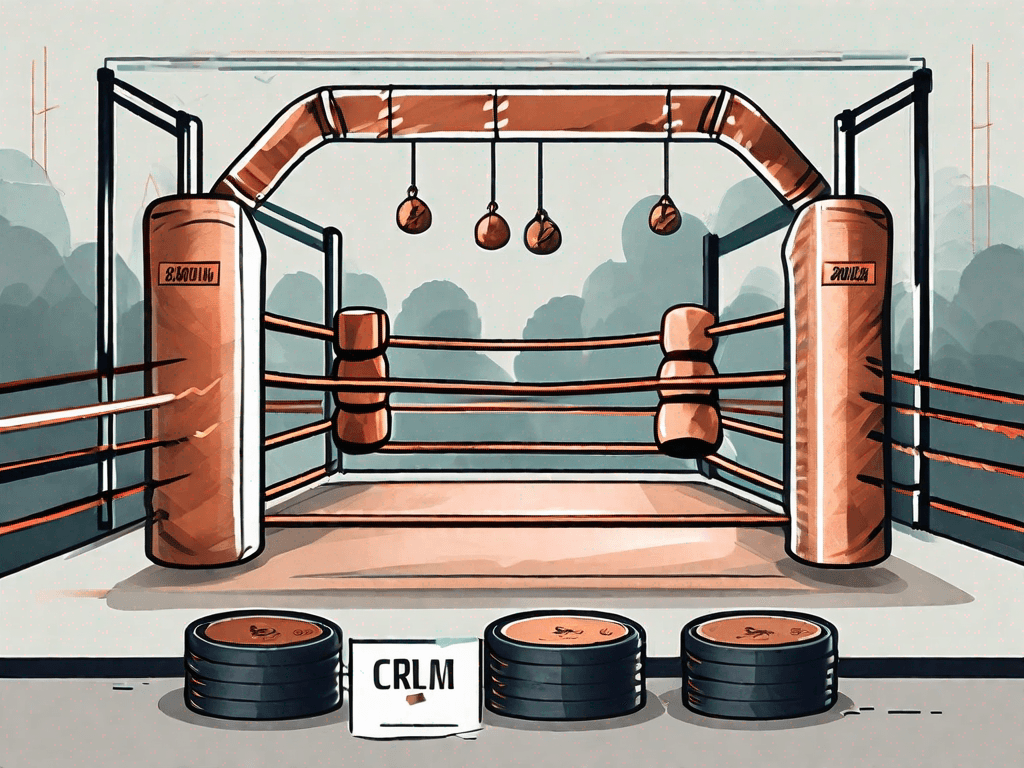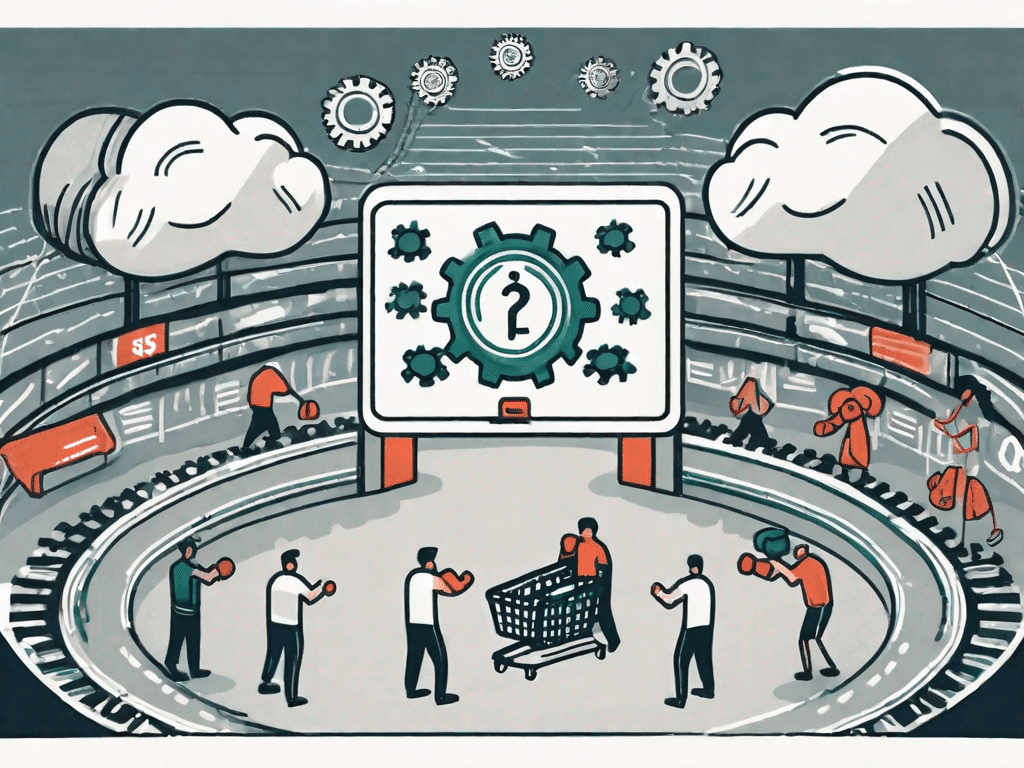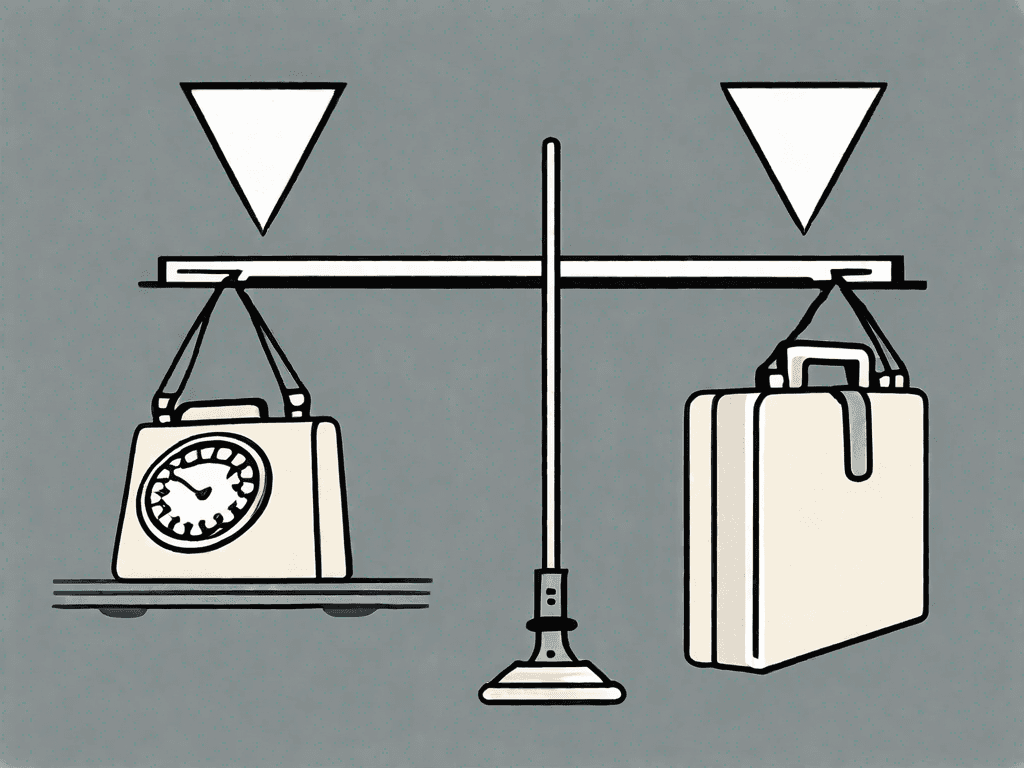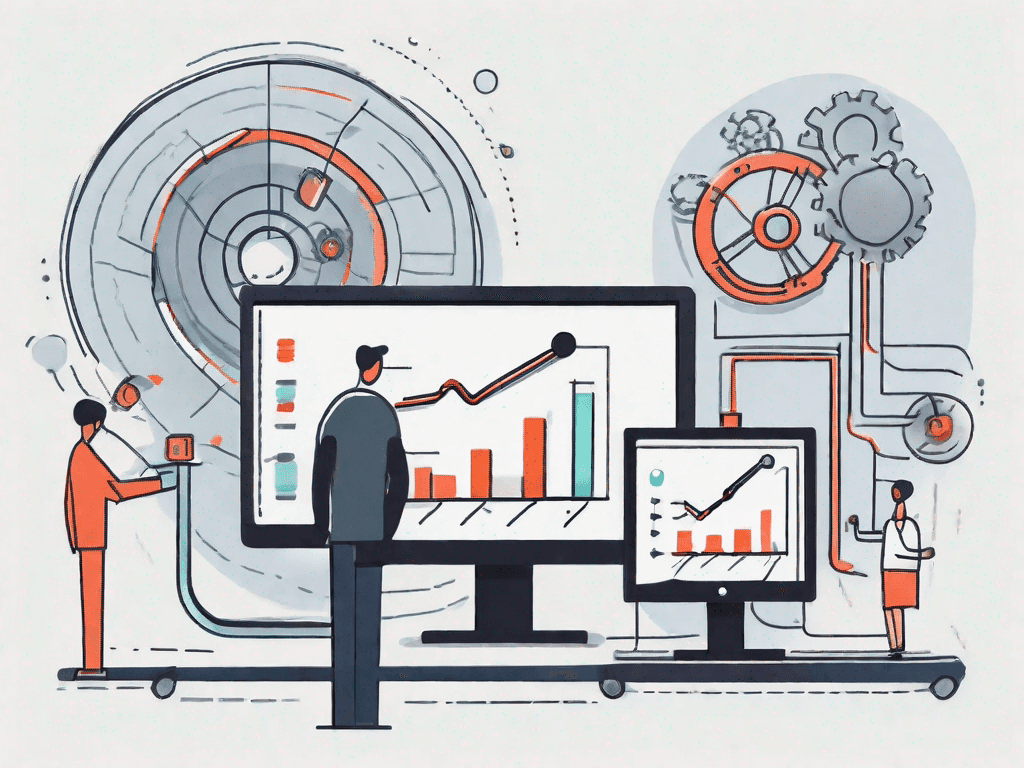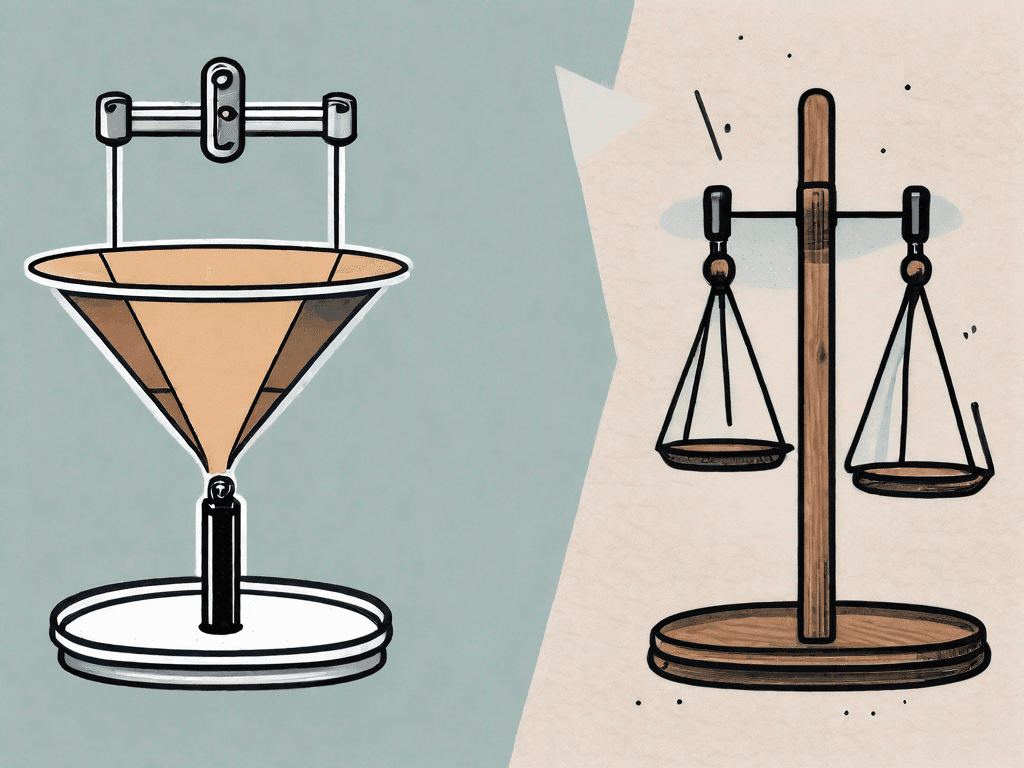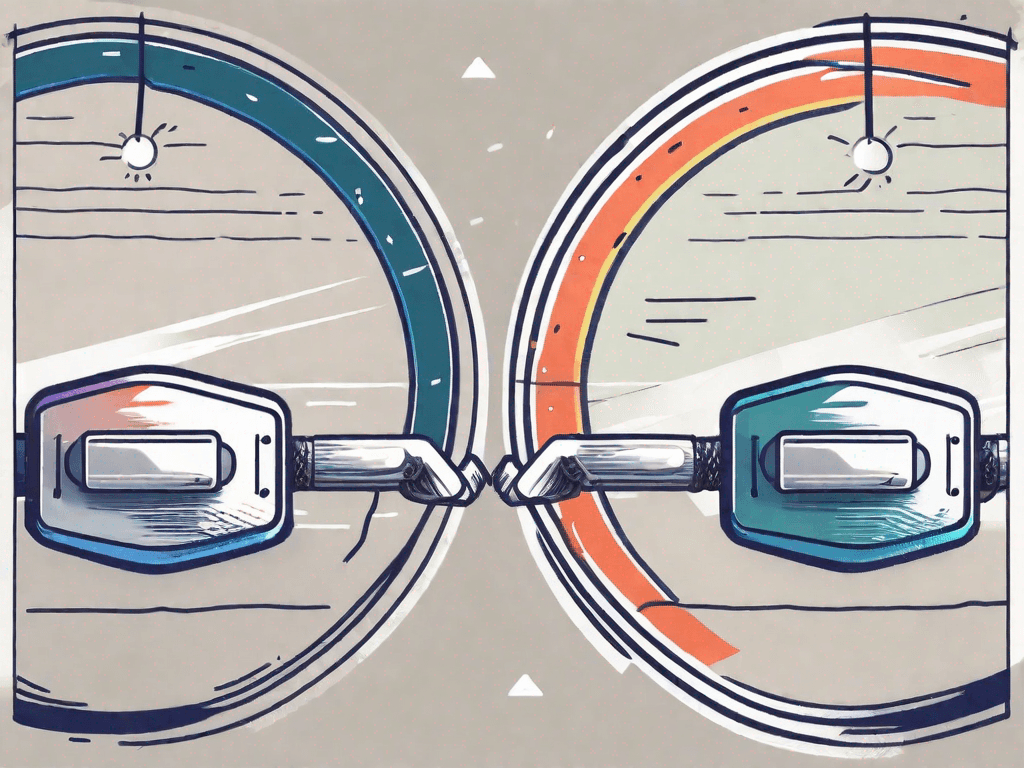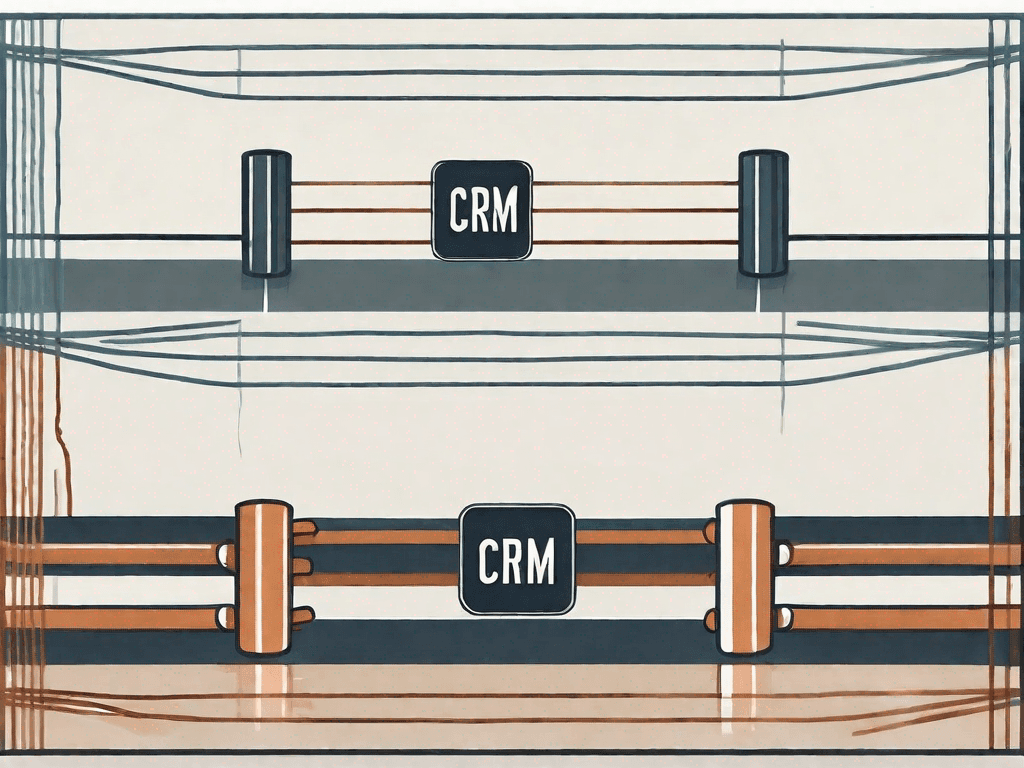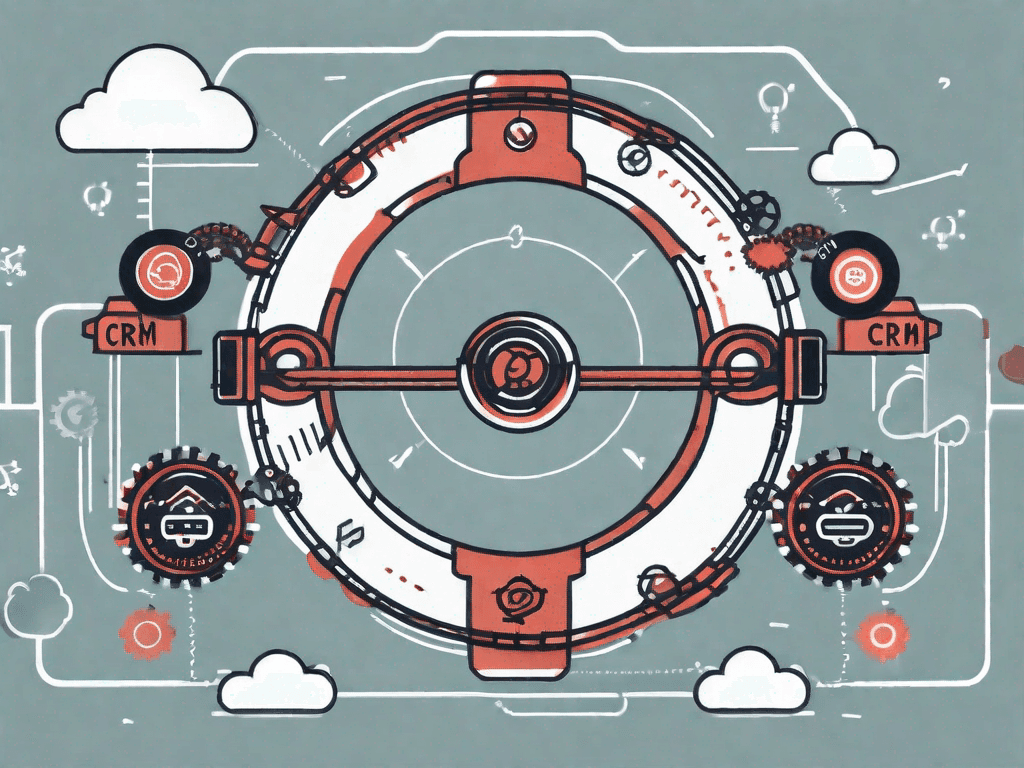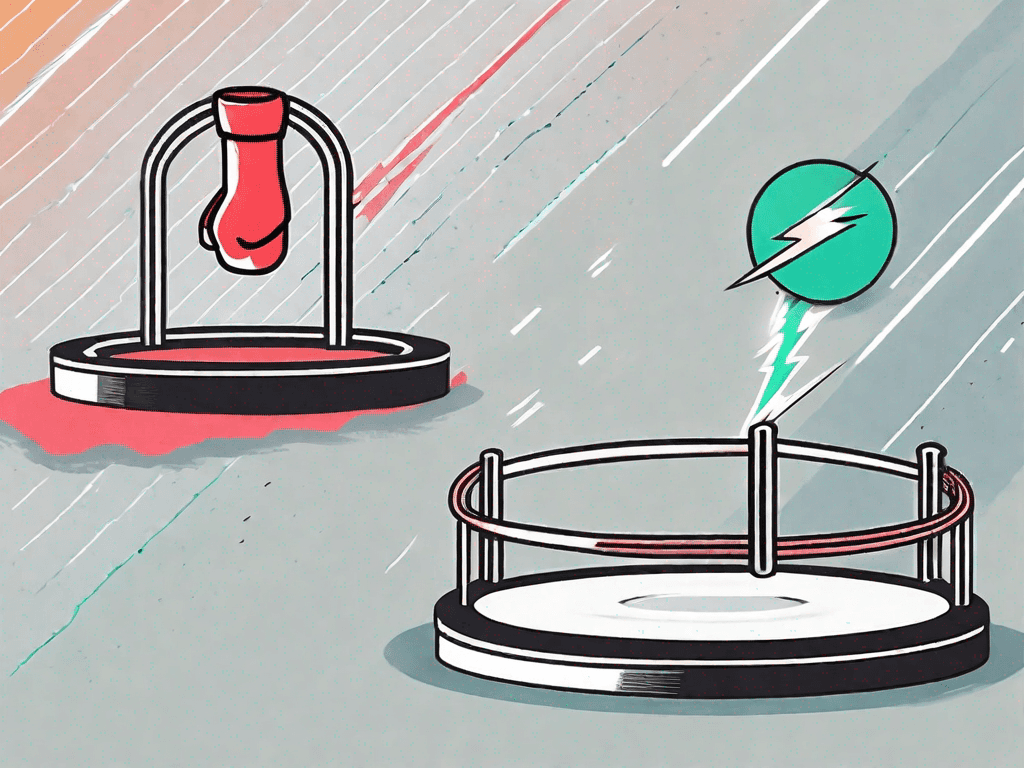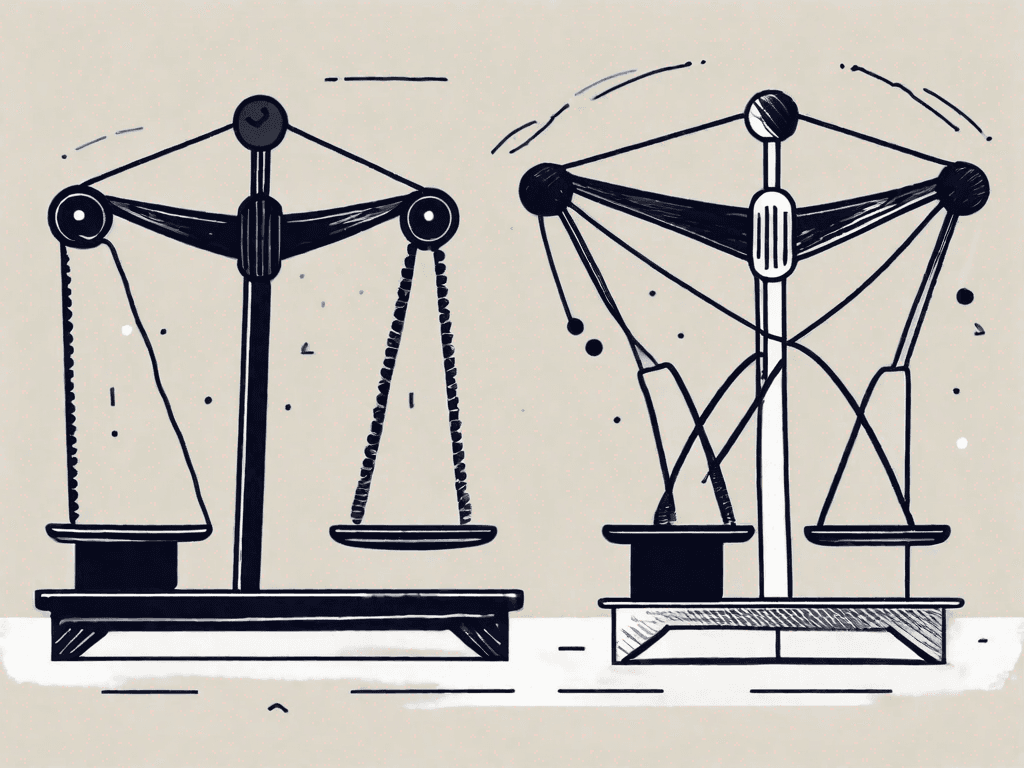
Nimble CRM vs Spreadsheets: Which CRM is the Best?
When it comes to managing customer relationships, businesses have long relied on spreadsheets as a basic tool for keeping track of important information. However, as technology evolves, a new contender has emerged in the form of CRM software. In this article, we will compare Nimble CRM and spreadsheets to determine which is the best option for your business.
Pros and Cons of Nimble CRM and Spreadsheets
1.1 Nimble CRM
Nimble CRM offers a wide range of features that can greatly enhance your customer relationship management efforts. It provides a centralized platform to store and organize all of your customer data, making it easily accessible to everyone in your organization. With Nimble CRM, you can effortlessly track and manage your customer interactions, ensuring that no important details slip through the cracks.
Additionally, Nimble CRM offers features such as contact management, lead tracking, and interaction history, which can help streamline your sales processes. By having all of this information readily available, your sales team can easily identify potential leads, track their progress, and make informed decisions to close deals more efficiently.
Furthermore, Nimble CRM stands out for its integration capabilities. It seamlessly connects with other popular business tools and platforms, such as email clients, social media platforms, and project management software. This integration allows you to consolidate all of your customer data and interactions in one place, eliminating the need to switch between multiple applications. With Nimble CRM, you can have a comprehensive view of your customers' journey and engage with them more effectively.
1.2 Cons of Nimble CRM
While Nimble CRM offers many benefits, it may not be suitable for every business. One potential drawback is the learning curve associated with using a new software platform. Implementing Nimble CRM may require training for your team members, which could take time and resources. However, once your team becomes familiar with the system, the benefits will outweigh the initial learning curve.
Another consideration is the cost of Nimble CRM. As a subscription-based service, there will be ongoing fees associated with using the software. This cost may not be feasible for smaller businesses or those on a tight budget. However, it is important to weigh the cost against the potential return on investment that Nimble CRM can provide in terms of improved customer relationships, streamlined processes, and increased sales.
1.3 Cons of Spreadsheets
Spreadsheets have long been a staple in business operations due to their simplicity and familiarity. However, they are not without their limitations. In terms of managing customer relationships, spreadsheets can become unwieldy as your business grows and the volume of data increases. Without proper organization and structure, spreadsheets can quickly become cluttered and difficult to navigate.
Another disadvantage of spreadsheets is the lack of automation capabilities. Unlike CRM software, spreadsheets do not offer advanced features such as workflow automation, lead scoring, or email marketing integration. This means that many of the tasks associated with managing customer relationships will need to be done manually, which can be time-consuming and prone to errors. With spreadsheets, there is a higher risk of data inconsistencies and missed opportunities.
1.4 Key Differences between Nimble CRM and Spreadsheets
While both Nimble CRM and spreadsheets have their advantages and disadvantages, there are several key differences that set them apart. Nimble CRM offers a more streamlined and automated approach to managing customer relationships, while spreadsheets provide a more basic and manual method.
Nimble CRM's advanced features, such as workflow automation and lead scoring, enable businesses to optimize their sales processes and improve efficiency. The software's integration capabilities also allow for a more cohesive and efficient workflow, as it seamlessly connects with other business tools.
On the other hand, spreadsheets may be more suitable for smaller businesses or those with simple CRM needs and a limited budget. They offer a familiar interface and lower entry barrier, making them accessible to users with minimal technical expertise. However, as the business grows and customer data becomes more complex, spreadsheets may become less effective in managing and analyzing that data.
Overall, the choice between Nimble CRM and spreadsheets depends on the specific needs and resources of your business. Consider factors such as the size of your customer database, the complexity of your sales processes, and the level of automation and integration required. By carefully evaluating these factors, you can make an informed decision that will enhance your customer relationship management efforts and drive business growth.
How does Nimble CRM pricing compare to Spreadsheets?
2.1 Nimble CRM Pricing
When considering Nimble CRM, it is important to evaluate the pricing structure to determine if it aligns with your budget. Nimble CRM offers a range of subscription plans, starting with a basic plan for smaller businesses and scaling up to more advanced plans for larger organizations. The cost of these plans varies depending on the number of users and the level of features needed.
It's worth noting that while Nimble CRM does come with a cost, the value it provides in terms of streamlining your CRM processes and improving efficiency can often outweigh the expense.
2.2 Spreadsheets Pricing
Spreadsheets, on the other hand, are typically included as part of productivity software suites, such as Microsoft Office or Google Workspace. The cost of these suites varies depending on the level of access and features required. For many businesses, spreadsheets are already a part of their existing software infrastructure, making them a cost-effective option.
However, it is important to consider the potential costs associated with using spreadsheets for CRM purposes. As your business grows and your data management needs become more complex, you may find that spreadsheets alone are no longer sufficient, requiring you to invest in additional software or resources.
2.3 Pricing Comparison
When comparing the pricing of Nimble CRM and spreadsheets, it is important to consider the long-term benefits and potential return on investment. While spreadsheets may have a lower upfront cost, they may require additional investments in the future as your CRM needs evolve. Nimble CRM, on the other hand, provides a comprehensive solution with a predictable and scalable pricing structure.
How do Nimble CRM integrations compare to Spreadsheets?
3.1 Nimble CRM Integrations
One of the standout features of Nimble CRM is its extensive integration capabilities. Nimble CRM seamlessly connects with popular business tools such as email clients, social media platforms, and project management software. This integration allows for a more streamlined workflow, eliminating the need to switch between multiple applications and reducing the chance for data discrepancies.
By integrating Nimble CRM with your existing software ecosystem, you can leverage your current investments and enhance your overall productivity and efficiency.
3.2 Spreadsheets Integrations
Spreadsheets typically offer limited integration options compared to CRM software. While you can import and export data between spreadsheets and other applications, the process is often manual and requires additional steps. This lack of seamless integration can lead to data inconsistencies and hinder your ability to effectively manage customer relationships.
While spreadsheets can be a versatile tool for data analysis and manipulation, they fall short when it comes to integrating with other business tools to create a holistic view of your customer relationships.
Which one is the Best for You?
4.1 The Best for Salespeople
For salespeople, Nimble CRM offers a range of features to enhance their effectiveness and efficiency. Its contact management capabilities, coupled with automation features, allow salespeople to track and nurture leads more effectively. The integration with email clients and social media platforms also enables salespeople to access valuable customer information directly from their inbox and engage with prospects more intelligently.
4.2 The Best for Consultants
For consultants, Nimble CRM can be an invaluable tool for managing client relationships and projects. Its project management features allow consultants to track and organize their engagements, ensuring that they stay on top of deadlines and deliverables. The integration with other business tools, such as collaboration platforms, improves communication and streamlines workflow between consultants and clients.
4.3 The Best for Digital Marketing Agencies
For digital marketing agencies, Nimble CRM provides a centralized platform to manage client relationships and campaigns. The integration with social media platforms allows agencies to monitor and engage with clients' social media activities, while the lead tracking and automation features streamline the campaign management process.
Additionally, Nimble CRM offers robust reporting and analytics capabilities, allowing agencies to track campaign success and make data-driven decisions to optimize their marketing efforts.
In conclusion, while spreadsheets have been a tried-and-true method for managing customer relationships, Nimble CRM offers a more comprehensive and efficient solution. With its advanced features, seamless integrations, and customizable pricing plans, Nimble CRM can greatly enhance your ability to connect with and nurture your customer base. Whether you're a salesperson, consultant, or digital marketing agency, Nimble CRM provides the tools you need to succeed in today's competitive business landscape.











![The 8 Best Social CRM Software in 2025 [Comparison]](https://framerusercontent.com/images/RYHyYapdgIi83BEWtMdX418.png)
![The 6 Best LinkedIn CRM in 2025 [Comparison]](https://framerusercontent.com/images/Luywfni7ZKjb19yghbhNPy4I4qQ.png)



![The 5 Best Twitter CRM [Comparison]](https://framerusercontent.com/images/EWcbvYnVZglJLO8jp3OlHkTvsHo.png)
































































































































































